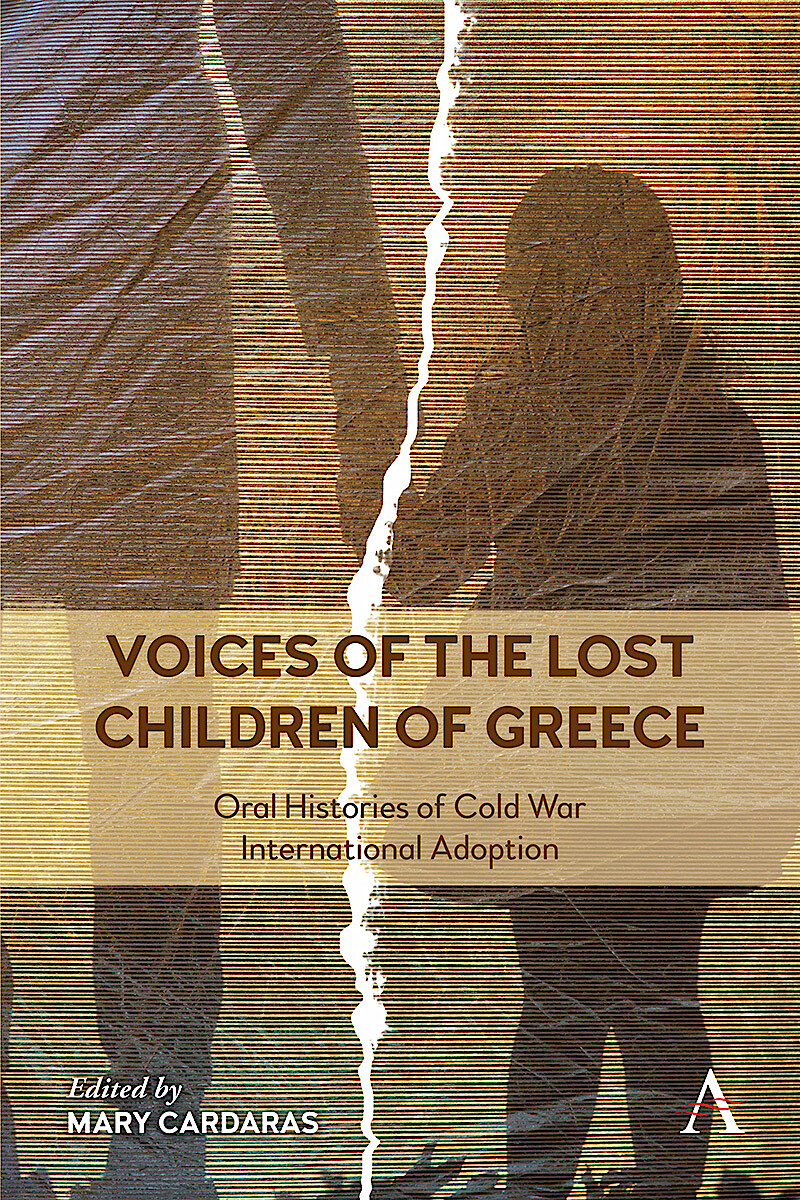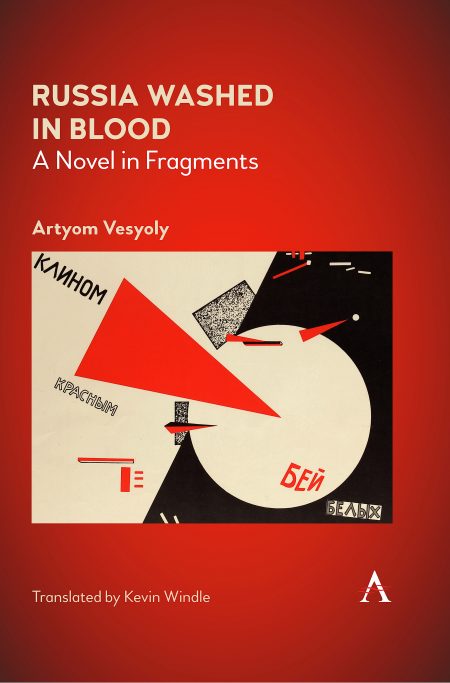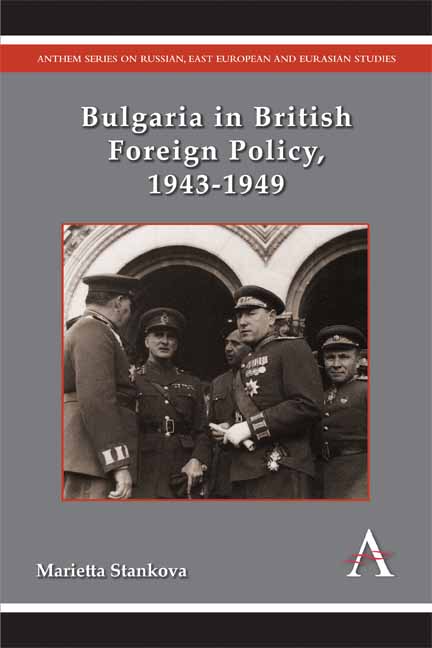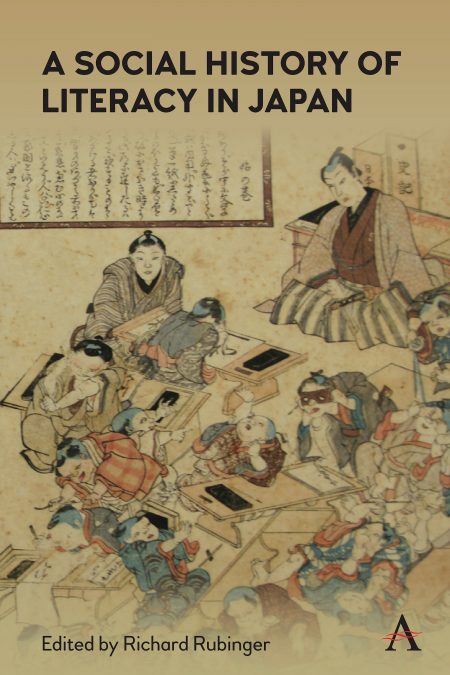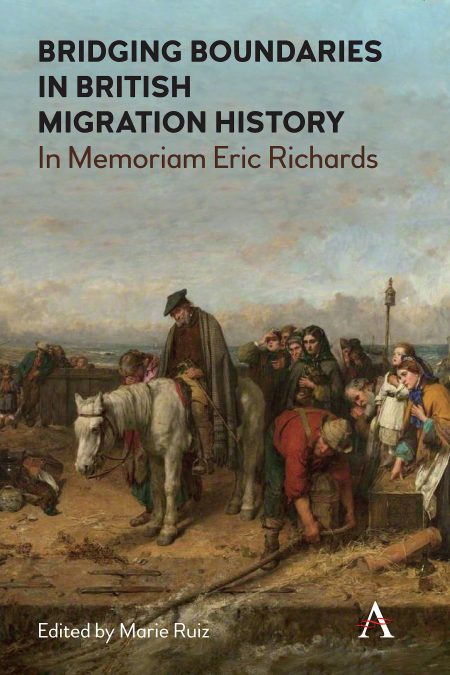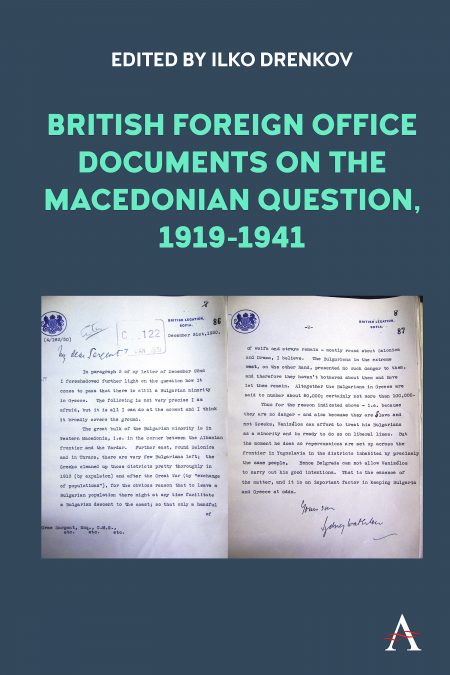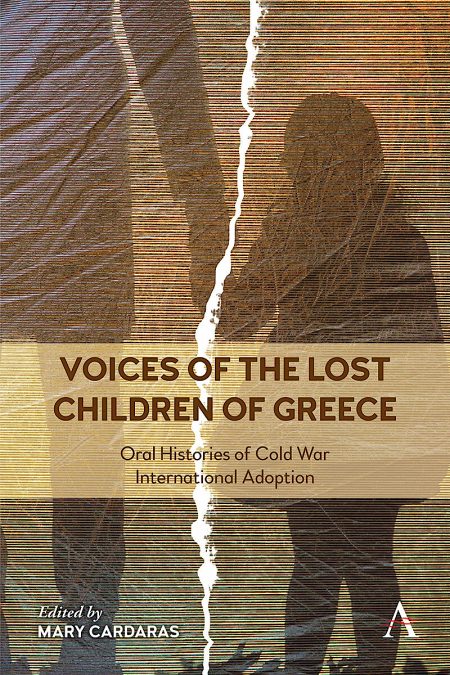Voices of the Lost Children of Greece
Oral Histories of Cold War International Adoption
Edited by Mary Cardaras
introduction by Gonda Van Steen
foreword by Gabrielle Glaser
Select Format
Title Details
- ISBN: 9781839983702
- January 2023
- Pages: 210
- Imprint: Anthem Press
During World War II and the Greek Civil War, there was a systemic movement to drain Greece of its infants, babies and children for adoption outside the country. It was a phenomenon further instigated by poverty, and dependence upon other powerful forces, both external and internal. “The total number of Greek war orphans (who had lost one or both parents) was estimated to be 340,000 to 375,000 and by 1950, one out of eight children was orphaned,” according to the Greek Ministry of Social Welfare. Greece had become “a nation of orphans,” and between 1948 through 1962, “had the highest annual per capita adoption ratio in the world.”
Some adoptions of that time were simple, legal adoptions and private. Others were expensive and complicated. Many were illegal and others had criminal overtones. A profit motive had been created to move babies and children from one place to another in the country and also far beyond Greek borders, internationally. But the issue was more importantly that of human rights. “Birth mothers and adoptive families were routinely deceived in this transnational scene of baby brokering, which left children without protection.” Documents were “concocted” in some cases and, in others, “forged. Some babies were stolen from their birth mothers. Some babies were “re-registered as foundlings and some parents were told their baby had died, but were not shown a body or a death certificate.” Further, “numerous mothers of children born out of wedlock were being denied any meaningful consent in the adoption proceedings.”
This book will reflect this time in Greek history through a collection of essays from these children, now adults, known as the “lost children of Greece.” Many of their stories were harrowing, some fantastic, and have affected and influenced the lives of these individuals for years. Their essays will reflect the times, but will also describe the feelings, experiences, and thoughts about being adopted in such turbulent times, and will chronicle the searches for their biological relatives, in most cases, after their adoptive parents have died. Much has been written about the history of these times, which briefly mentions or refers to the children, but little to none has come from the children themselves. That is this book.
Mary Cardaras is Associate Professor and Chair of the Department of Communication at California State University East Bay. She holds a PhD in public and international affairs and teaches political communication, journalism and documentary film studies and production at California State University, East Bay.
Dedication; Foreword (by poet, writer and Greek-born adoptee Dr. Andrew Mossin); Introduction (by Dr. Mary Cardaras); Chapter One: Greek Adoptions in Historical Context (by Dr. Gonda Van Steen); Chapters 2–15 The Essays from 14 Writers (all with different titles); Chapter 16: Today and Afterward (by Dr. Mary Cardaras); Acknowledgements; About the Editor.
Four years ago, Greek-American journalist and academic Dr. Mary Cardaras embarked on a personal journey, one which saw her through states of loss, discovery, and renewal. ‘Voices of the Lost Children of Greece: Oral Histories of Cold War International Adoption’ edited by Mary, is a collection of 14 essays written by American and Dutch adoptees born in Greece. – Neos Kosmos
For more information please use this link.
“Nostos is used in Ancient Greek literature, to describe an epic hero returning home, which is a recurrent theme in this gem of book. It is about 14 heroes—14 Greek-born adoptees—14 individuals that have had the courage to publicly share their unique stories of heartache and discovery of their homeland. What unites these heroes as well as thousands of others, who are likewise missing information about the circumstances surrounding their birth, is their longing to know their origins. This unifying factor of origins is so important that it has been (almost) universally recognized by the international community as a right, and its deprivation creates an obligation on States to restore missing elements speedily. I sincerely hope that this book will help build on the momentum within the United Nations and regional bodies in preserving and restoring the child’s identity even into adulthood so that the right to know their origins is fully respected” —Mia Dambach, Executive Director, Child Identity Protection, Zurich.
“Self-assured or hesitant, angry or at peace, often sad, wise beyond words, these are the stories of children torn from their world when they were too young to understand, as they struggle through decades of silence and sorrow to solve the riddle of their lives before time runs out. Each a personal journey of self-discovery in the most literal sense, these essays are the raw material of a national epic and also the most basic human quest to know ourselves. In each, a child, disoriented and often alone on the edge of the abyss of unknowing, tries to understand why its world feels out of joint, why it is different to those around it, where it comes from, why it is, and where it is. Now, decades later, having found each other, having acquired voice, agency, and determination, these women and men speak of their continuing struggle for knowledge and peace. Where they were once helpless victims of a state indifferent to their fate, they find that it remains implacably resourceful in finding ways to obstruct atonement—restoration of the nationality that was stripped from them when they were voiceless. Mary Cardaras’s Voices—heart-wrenching, beautiful, sobering, valuable, and illuminating—is in itself a homecoming. In telling their stories, the women and men who were cut off from their roots are reconnecting with the body of a nation that knew nothing about this unspoken and, until recently, unwritten chapter of Greece’s history. This is a great step on an unfinished journey” —Nikos Konstandaras, Columnist, Kathimerini.
“A powerful and deeply moving collection of essays that breaks a long silence and gives voice to the voiceless. Thousands of babies and children were sent from Greece to the US as part of Cold War geopolitical strategy, leaving them with the double dislocation of being adopted and losing their birth culture. These fascinating, sometimes shocking personal testimonies reveal the adoptees’ sense of loss, their longing to find their Greek roots, and the emotional and practical challenges of doing so. Following groundbreaking academic work by Gonda Van Steen, Mary Cardaras’ Voices continues to uncover a painful past that had been erased”—Sofka Zinovieff, Author.
“”Voices of the Lost Children’’ is a unique volume of essays. Not only are the personal stories of persons adopted as children in Greece in the 1950s profoundly moving and powerful but the cumulative effect of reading through the tears and laughter of their experiences and the need for international adoptions to be strictly regulated for the benefit of the children as well as the parents” —Alexander Kitroeff, Professor Emeritus of History, Haverford College, Pennsylvania.
“It is rare to hear the voices of adoptees of the first postwar intercountry adoption wave. These voices of the lost and forgotten children of Greece speak boldly and with tremendous clarity about the issues of uprooting, (self-)doubt, joy, and pain. They courageously ask that the organizations and intermediaries who made the decisions about their lives and then forgot about them correct what must still be corrected. They continue to search, relentlessly, for that part of their Greek identity that no one bothered to preserve. Their united effort is most effective and will leave an example for others to follow. Mary Cardaras did an excellent job creating the platform for them to speak out”—Gonda Van Steen, Koraes Chair of Modern Greek and Byzantine History, Language and Literature, King’s College London, UK.
“Voices of the Lost Children of Greece from Mary Cardaras is a sobering read for anyone whose personal or professional life has been affected by international adoption. The powerful narratives, written by mature adoptees reflecting on their lifelong struggles to belong, are difficult to dismiss when shaping future policies for children. Gonda van Steen’s chapter, shedding light on this episode in Greece’s history, provides a sharp analysis of this recent past and provides useful learning for researchers and policy makers in both countries of origin and receiving countries”—Dr. Mariela Neagu, Program manager for children’s rights at the European Union and Head of the National Authority for the Protection of Children’s Rights in Romania.
“Who am I? Where am I from? Where am I going? These existential questions are ones we all ponder in our lifetime. It’s been said that you have to know where you come from to know where you’re going. But for some, those answers are incomplete, unable to be found. And it keeps them from finding their place in the world and determining where they’re going. Such is the plight of many adoptees. Adoption is a beautiful, selfless act—when done for the right reasons. Thousands of children were adopted from Greece in the aftermath of World War II and the Greek Civil War. This dark time in our history cannot be hidden away and we can no longer pretend it didn’t happen. Many were stolen from their families, taken under suspicious circumstances. They still long for the answers to these questions. They have the right to know. Our sense of nostos—longing for home—won’t let these questions die.
Mary Cardaras, herself an adoptee, has compiled the gut-wrenching stories of a group of Greek adoptees, including her own. Some who’ve been able to find their answers, others still searching. They’re strikingly similar: all longing to reconnect with their roots, for a sense of belonging—past, present, and future. To know where they fit in the puzzle. Here, she gives these brave individuals the space and the grace to share their struggles, their nostos. This important work must be spread far and wide. Their poignant stories will open your eyes to a tragic event in our history and make you further appreciate your own family, your home, and your story”—Maria A. Karamitsos, Author and Former Publisher & Editor, WindyCity Greek magazine.
Related products
-
Russia Washed in Blood
A Novel in Fragments
Artyom Vesyoly
translated by Kevin Windle
introduction by Elena Govor, Kevin WindleAugust, 2020
£200.00 / $200.00 -
-
A Social History of Literacy in Japan
Edited and translated by Richard Rubinger
March, 2021
£125.00 / $125.00 -
Bridging Boundaries in British Migration History
In Memoriam Eric Richards
Edited by Marie Ruiz
September, 2020
£125.00 / $125.00 -
British Foreign Office Documents on the Macedonian Question, 1919-1941
Edited by Ilko Drenkov
consultant editor Ivan Metodiev Petrov, Lynnette G. LeonardMarch, 2021
£125.00 / $125.00 -
Nuclear Power Policies in Britain
The Quandaries of Neoliberalism
Lucie de Carvalho
October, 2022
£125.00 / $125.00

